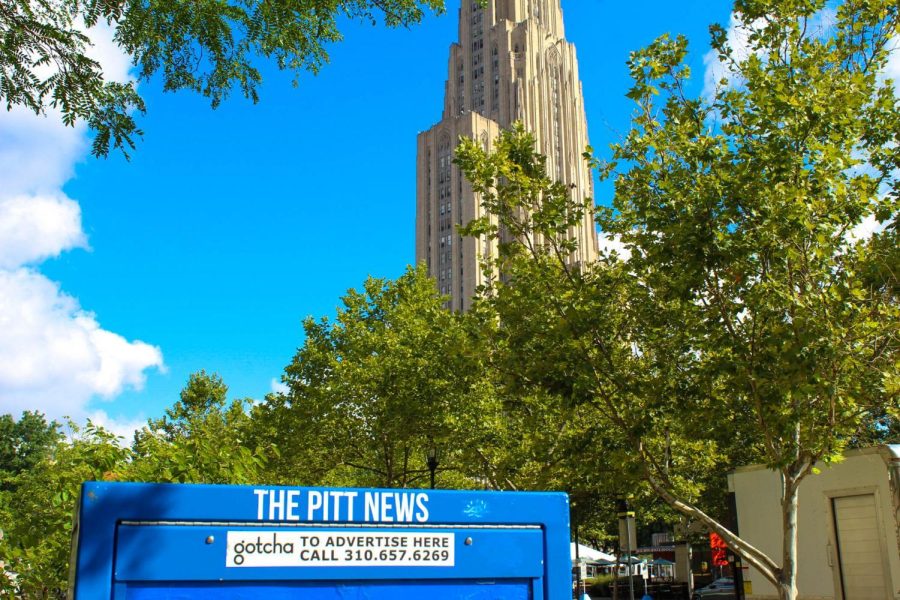Campbell: Vista isn’t the death of Microsoft
October 6, 2009
Despite tough Vista-inspired times for Microsoft and its users, most computer users seem ready… Despite tough Vista-inspired times for Microsoft and its users, most computer users seem ready to put that all behind them and look forward to a shiny Windows 7-filled future.
An article recently published on ComputerWorld.com described an effect that Net Applications, a firm that follows computing trends, measured.According to Net Applications, Microsoft Windows Vista began slipping in market share.
For those who thought that Windows Vista became all but obsolete a while ago, this announcement will come as no surprise.
Those who didn’t consider Windows Vista the antichrist might think this observation is quite telling of the fortunes of Microsoft’s operating system offerings over the past few years.
In fact, it provides a poignant reality check to those who thought Windows Vista would spell the end of the age of Microsoft.
The fact that recent Best Buy newspaper ads desperately advertised Windows 7 as an available upgrade indicates that new computer buyers are wooed by the fact that they might be able to get away without having Windows Vista as an intermediary.
But they are still perfectly happy with having a different Microsoft product.
Windows 7 is not yet fully available to everyone, but those who can get it are happily trading in their Windows Vista machines.
Net Applications said the market share of Windows 7 increased to about 1.5 percent of the computer world.
Net Applications also cited that Windows XP fell, understandably, in its market share.
Microsoft attempted to phase out the operating system and even began charging for “downgrades” for users who wished to buy new hardware with the archaic operating system instead of Vista.
The combined observations that Windows 7 increased its market share and Windows XP and Vista decreased their market shares indicate that Microsoft users hope Microsoft has gotten it right with its new operating system. Users are not downgrading en masse.
Microsoft users still trust Microsoft, and the number of people leaving Windows Vista roughly coincides with the number of people picking up Windows 7, at least in the business arena.
Although the product shares of Microsoft’s competitors — mainly Mac OS X — have climbed, they have done so modestly, indicating that few people took Vista as an excuse to abandon Microsoft altogether.
It is reasonable to explain away the gains by Apple’s Mac OS X as a trend in users diversifying their computer inventories, owning both Windows and Apple computers.
Regardless of which Microsoft operating system people choose, Net Applications measured that all computer users face a 92.8 percent chance of running a Microsoft operating system on at least one of their machines.
It had been reported many times that Windows Vista was finally Microsoft’s waterloo.
The operating system that presented some compatibility issues to some users while being perfectly stable with others, all the while giving many people annoying security messages and generally disgruntling the computer-using world, might simply fade away without permanently damaging Microsoft’s reputation.
The truth and practicality of this has yet to be seen. If Windows 7 proves to be just as irksome as Windows Vista, Microsoft could see its market share falling.
It is still difficult to imagine a complete mutiny in the Microsoft world, however. It is unlikely that 92.8 percent of the computer world will switch to Apple’s Mac OS X or Linux.
It shall be interesting to see how the influence of the “Vista Age” will linger before the supposedly superior Windows 7 will begin to occupy the computer-buying public.







